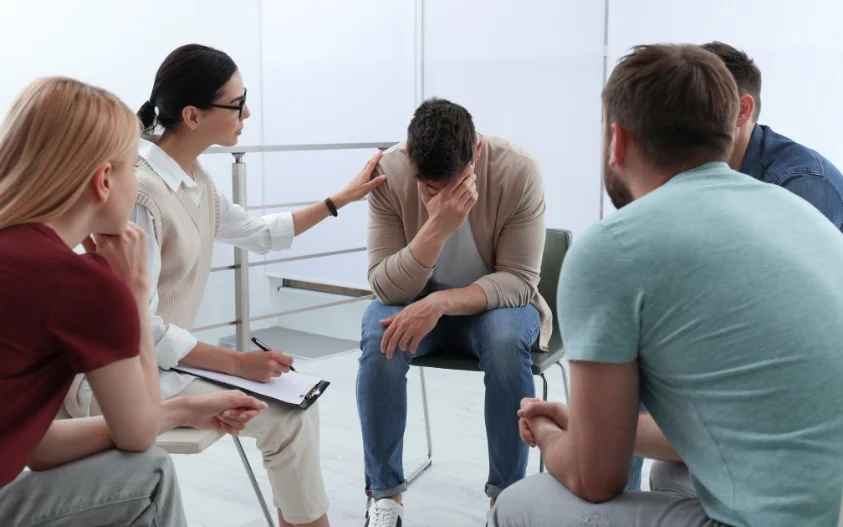24/7 Helpline:
(866) 899-221924/7 Helpline:
(866) 899-2219
Learn more about Group Therapy centers in Ranger
Group Therapy in Other Cities

Other Insurance Options

CareSource

MVP Healthcare

Excellus

Lucent

Sutter

GEHA

Health Partners

Coventry Health Care

Cigna

Multiplan

Optima

Holman Group

Health Choice

Providence

Amerigroup

Humana

Group Health Incorporated

Ceridian

Health Net

Covered California












